
Dear Happy
Our editorial director reflects on the loss of her longtime horse, Happy, and the lasting bond they shared over a decade together.


Our editorial director reflects on the loss of her longtime horse, Happy, and the lasting bond they shared over a decade together.

In this episode we discuss osteoarthritis in horses with Dr. Kara Brown and how early diagnosis and regenerative therapies can improve equine joint health and performance.

Alimend, a gastric health supplement made by Vitalize, has helped ease an off-track Thoroughbred gelding’s gastric discomfort and keep it at bay over the past 15 months.

The decision about riding horses recovering from EPM and other diseases, one vet says, involves balancing rider safety, liability concerns, and animal welfare.
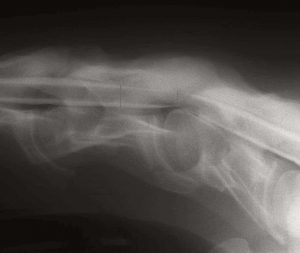
Cervical vertebral malformation and EPM can cause neurologic disease in horses at the same time.

Pathologists detected S. neurona DNA in preserved tissue from horses with acute and chronic neurologic disease, with and without EPM treatment history.

Our editorial director addressed mild hindquarter atrophy in her Thoroughbred with KPP’s Elevate Natural Vitamin E.

Once-weekly Protazil administration achieved steady-state plasma concentrations known to inhibit S. neurona, which causes EPM in horses.

Performing a serum:cerebrospinal fluid titer ratio to confirm/rule out EPM in horses (versus treating without that test) substantially decreased cost for the owner.
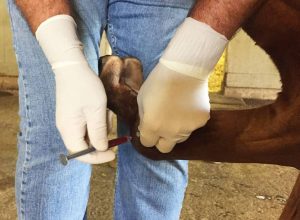
A veterinary sports medicine and rehab specialist describes what we know about orthobiologic therapies for OA in horses and their high likelihood for variable responses.
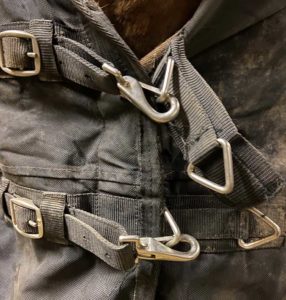
Sometimes we get our horses in trouble with the very items we use to help them be more comfortable.
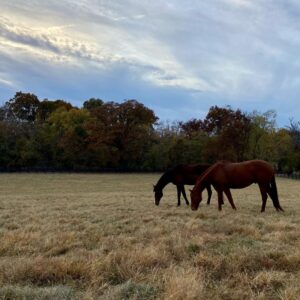
Let us not forget to pause to consider the basics when our horses are telling us something about their health.
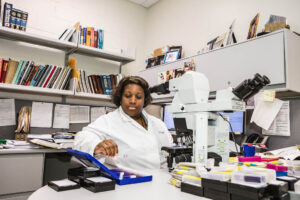
Dr. Uneeda Bryant describes how veterinary pathologists safeguard horse populations, determine causes of death, and protect the human-animal bond.

Prepurchase exams are an important part of equine practice. A veterinarian recommends how to achieve the best outcomes.
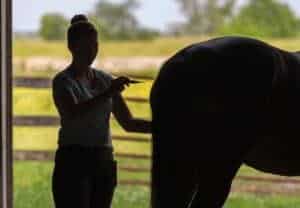
Dr. Lutz Goehring weighs in on what researchers have learned about equine herpesvirus-1, how it spreads, and how to prevent infection.

Dr. Carrie Shaffer of the University of Kentucky describes how in vitro models will help us better understand how we can prevent and fight disease in horses.
Stay on top of the most recent Horse Health news with